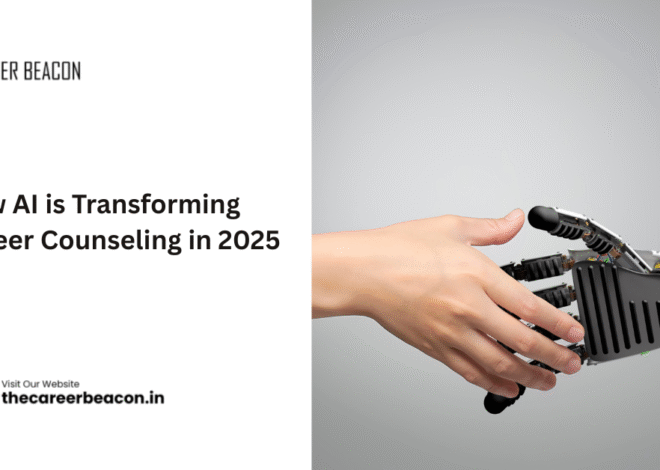
Unveiling Education Trends in 2024
As the curtains rise on 2024, the educational landscape stands on the precipice of a transformative era propelled by progressive policy reforms. With a dedicated focus on digitization and the official recognition of online education, the sector is primed for a paradigm shift. Government initiatives, notably the NEP 2020, are poised to elevate the quality and accessibility of educational content, underscored by a profound acknowledgment of online platforms as catalysts for surging enrollments. Let’s delve into the key pointers that define Education Trends in 2024:
1. Global Collaboration and Exchange Programs
In the quest for global academic exposure, there’s a discernible drive towards fostering collaboration and exchange programs with foreign institutions. This envisages seamless credit transfers, allowing students to complete a part of their education in India and the remaining abroad, culminating in a joint or terminal degree from an esteemed foreign university. This trend epitomizes the internationalization of education, a phenomenon gaining prominence.
2. Digital Integration and E-Learning Platforms
At the core of educational evolution lies the government’s unwavering commitment to digital literacy and the equivalence of online education with traditional methods. The widespread availability of smartphones is poised to be a transformative force in 2024. Anticipate an escalated effort in developing e-learning platforms, characterized by interoperability features, championed by prominent government-funded institutions. The landscape of education is destined to be reshaped by these tech-driven advancements.
3. Focus On Vernacular Technical Education
In a bid to democratize education, major government initiatives are set to propel higher and technical education through vernacular mediums. This strategic move aims to boost the Gross Enrollment Ratio by offering higher education in vernacular languages, addressing content scarcity issues. Expect substantial government-funded initiatives directed towards the creation of vernacular educational content, fostering inclusivity and accessibility.
4. Skill-Based Curricular Reforms
Recognizing the imperative for skill development across diverse sectors, educational institutions are gearing up for curricular reforms that accentuate critical thinking and problem-solving abilities. From the government’s standpoint, an upswing in funding for specialized skill-building programs, especially in coding and software development, is on the horizon. The emphasis is on generating employment opportunities in Tier II and III cities, as well as rural areas.
5. Generative AI And Pedagogical Innovations
The advent of Generative AI is an undeniable force, and forward-thinking institutions are swiftly overhauling their teaching and testing methodologies to incorporate AI-based tools. While well-equipped schools are poised to embrace this change rapidly, larger public universities with diverse competency standards among affiliated colleges may face a more gradual and challenging adaptation. This multi-stage process heralds a new era in pedagogy.
As the education sector undergoes these transformative trends in 2024, the synergy between students, educators, and institutions promises a redefined learning experience. The recurrent theme of collaboration, digital integration, vernacular education, skill-based reforms, and AI adoption underscores a holistic approach that resonates with the evolving demands of the modern world. Education Trends in 2024 are not just milestones; they represent a journey towards a dynamic and inclusive educational ecosystem.


